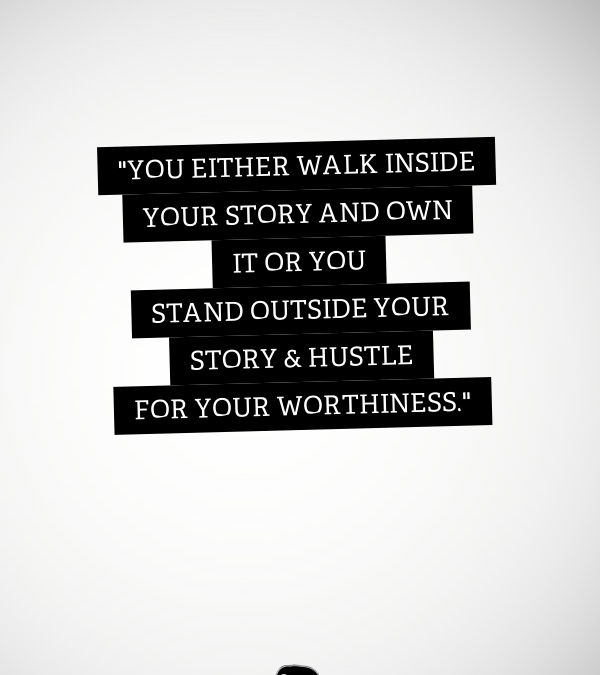Hey Brooklyn!
Thirteen of us got together on Monday night in Brooklyn to talk stuttering. We had a two first timers in the room (welcome Chris & Madhu!). We started off with our opening words and then dove right into discussion.
Identifying as Disabled in the Workplace
One of our members shared that she was thinking of approaching the “Diversity and Inclusion” office at her workplace because they have a special office for disabilities. It would be the first time she ever identified as disabled in a professional setting, and she asked the group what they thought.
Anticipating a Moment of Stuttering
Emma asked the group an interesting question. She talked about how she is working on stuttering openly these days. Though she does not plan to avoid a moment of stuttering, she still has a physical feeling leading up the moment of stuttering, almost feeling like her brain is trying to solve the puzzle to get through the stuttering. She asked the group if they experienced this. Some members talked about being able to predict a moment of stuttering far in advance. Another shared that she decided to stutter openly 4 or 5 years ago, and the ability to anticipate stuttering in advance faded away after about 1-2 years. Though she stutters frequently still, she can no longer tell exactly which words or situations she will struggle in, and it just kind of happens in the present now. We thought it was interesting to consider how much time it can take for our brains and nervous system to shift or change in various ways.
Walking in Your Story
This led us to a general discussion of being open about our stuttering versus hiding it (covert stuttering). One of our older & wiser members patiently listened before dropping some knowledge on us. He said something along the lines of “Time changes everything. I used to be very concerned about what other people were thinking about me as I spoke. Eventually I started focusing less on what other people were doing or thinking, and became a lot more interested in myself.” He didn’t give us a quick fix or advise us how to get to that place, but he offered some comfort that experience and time offers lessons that can make life a bit simpler. Thanks, Geoffrey.
We finished off with a quote that seemed timely…
“You either walk inside your story and own it or you stand outside your story and hustle for your worthiness.”
Announcements
- Midtown Manhattan NSA Group is on TUESDAY Jan 17th due to MLK Jr. Holiday on Monday. It will be at 7:30 – 9pm at Aspire (248 West 35th St).
See you all soon!
Brooklyn CLs (Bilal, Chris, Darren, Emma & Róisín)

